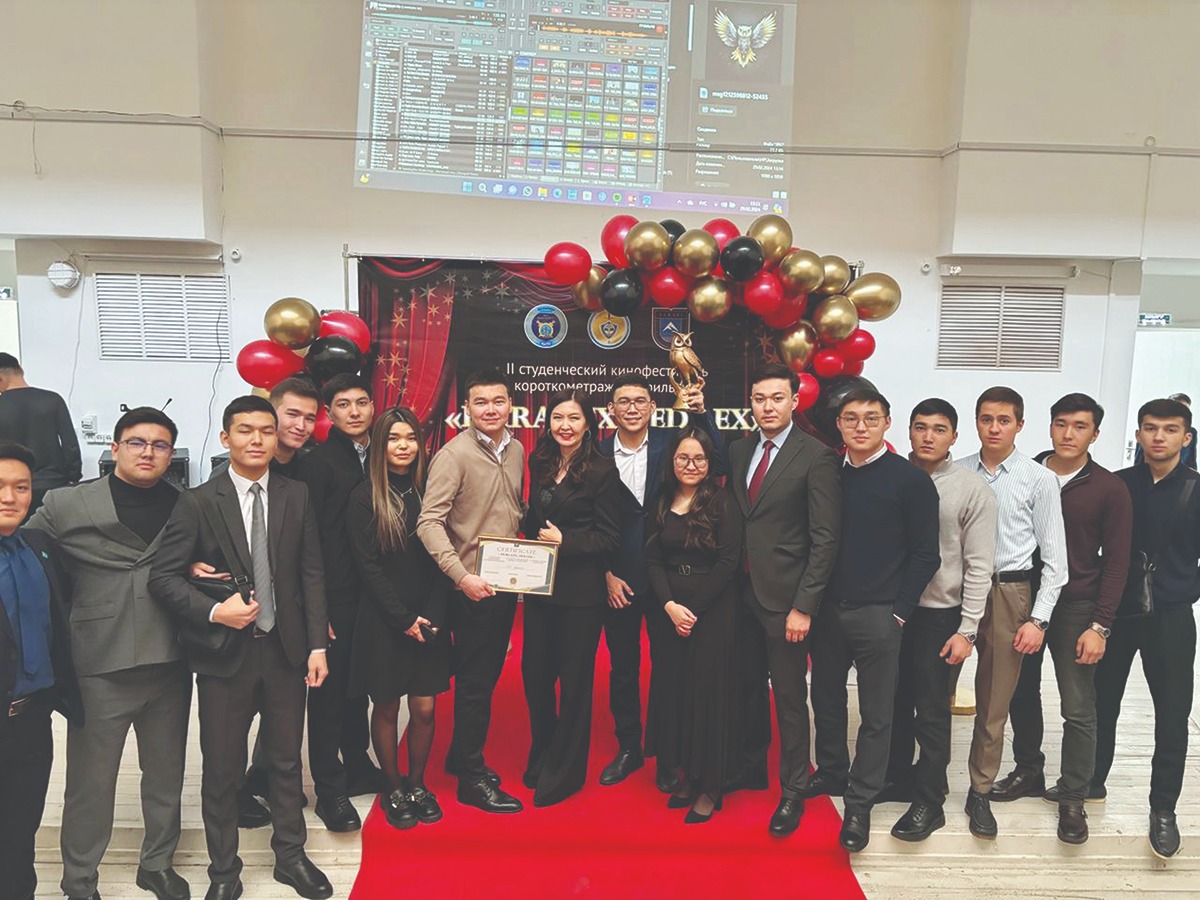Increasing the level of students' learning motivation

The introduction of interactive forms of learning is one of the most important achievements and innovations of the educational process. The use of innovative teaching methods in practical (seminar) classes gives students the opportunity to manipulate objects and act together to solve problems, to reflect and discuss the properties of reality they have discovered as they comprehend it through experience. Each topic in the discipline requires a different interactive teaching method, and they must be applied thoughtfully and appropriately.
For example, for the criminal procedural law of the RK as a scientific discipline, the most appropriate is the scheme of construction according to a single principle - from general to particular. In accordance with this, the general and special parts are allocated. The general part characterizes the tasks, subject, content and system of criminal procedure. Here the following interactive methods can be used during seminar classes: case studies - a research-oriented method of teaching. The study of cases may take different forms: legal cases based on written opinions of courts, hypothetical situations containing conflicts and dilemmas, situations that took place in life, taken from newspapers, magazines, books and other sources.
When considering the topics of the special part of the discipline, it is possible to use such interactive teaching methods as educational games (role-playing games, simulations, business games and educational games). For example, on the topic "Investigative actions", give students the opportunity to choose a criminal case and conduct investigative actions in this case, such as interrogation, confrontation, appointment of expertise, etc. This "criminal case" will later be tried by the students in a "main trial" (MDT), where in the second part of the MDT, the judicial investigation, the judge will examine the evidence previously collected.
Thus, on February 29, 2024, within the framework of implementation of SDG #4 "Quality Education" and in commemoration of the 90th anniversary of Al-Farabi KazNU, the Department of Criminal Law, Criminal Procedure and Criminalistics of the Faculty of Law held the II Student Film Festival of short films "Dura lex, sed lex". The aim of the event: to improve the quality of training of specialists in the field of criminal procedure law.
The solemn awarding ceremony of the movie award "Golden Owl" took place in the 4th hall of the Faculty of Law. 7 short films were submitted to the competition. The video clips were evaluated from the point of view of visualization of detention of a suspect, investigative action, compliance with the requirements of criminal procedural law, quality of video shooting and editing, as well as creative approach to the task.
The jury evaluated the submitted works and summarized the results of the contest. Following the results of the contest, the winners were determined in the following nominations:
- "The best pre-trial realization" - 302 group;
- "Best Direction" - group 306;
- "Best female role" - Nurlybek Aruzhan, student of group 302;
- "Best male role" - Kapashov Alikhan, student of group 301;
- "Best script" - 304 group;
- "Best cameraman work" - 303 group;
- "Best editing" - 303 group;
- "Best music for a movie" - 310 group AP
- "Best Production Designer" - 304 group.
The Audience Award was awarded based on the results of voting on Instagram, regardless of the jury's evaluations. In this nomination 301 group won, having collected 11,000 views within an hour.
I place: Golden Owl - 2024 went to 305 group.
II place: Grand Prix - 302 group.
III place: Jury Prize - 301 group.
The participants of the competition thanked the organizers of the competition and noted that such events help to increase motivation to study the science of criminal procedure, deep learning of educational material of the discipline and improve the skills of teamwork, communication with participants of the process, including procedural guidance in the production of investigative and judicial actions.
Gulzhan Mukhamadiyeva,
PhD in Law,
Associate Professor of the Department of Criminal Law,
Criminal Procedure and Criminalistics, Faculty of Law
